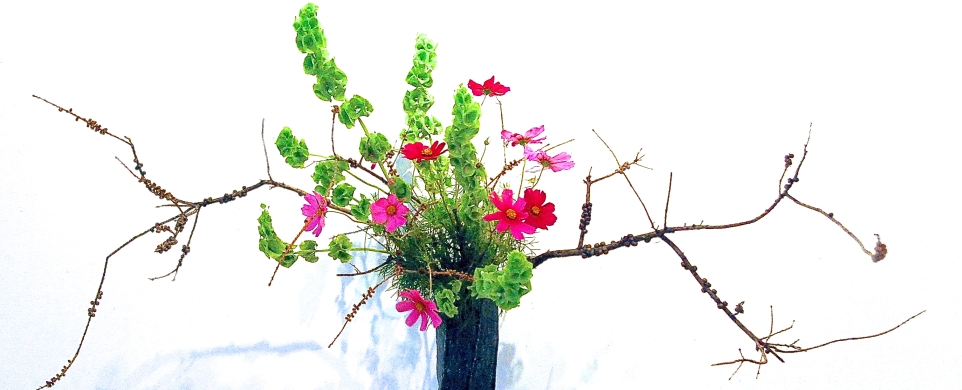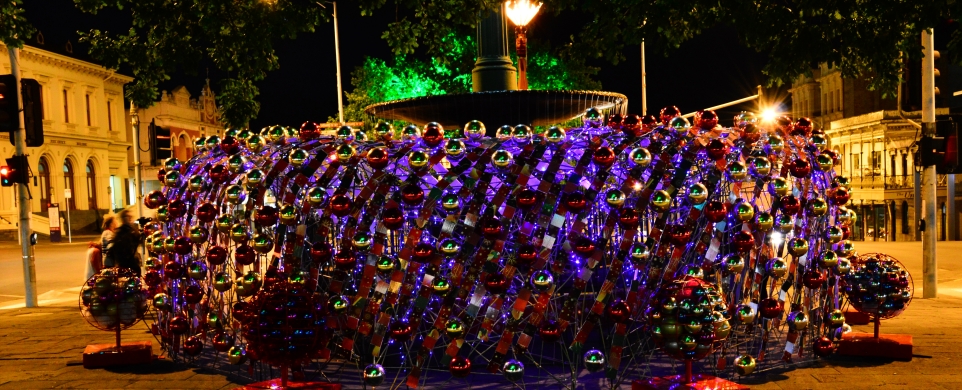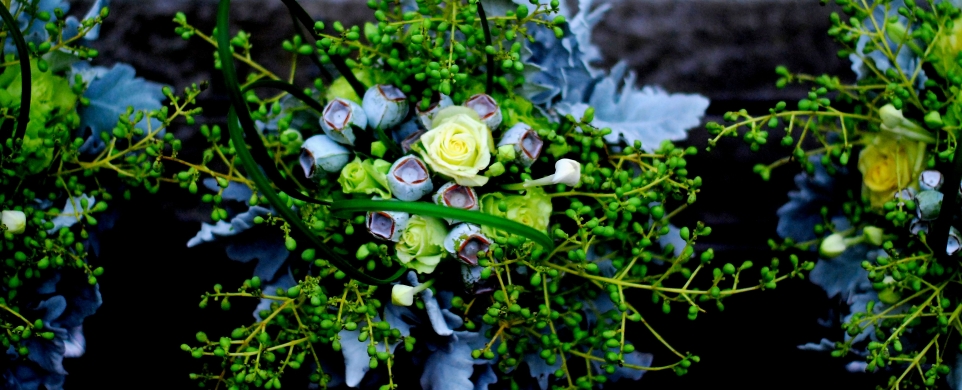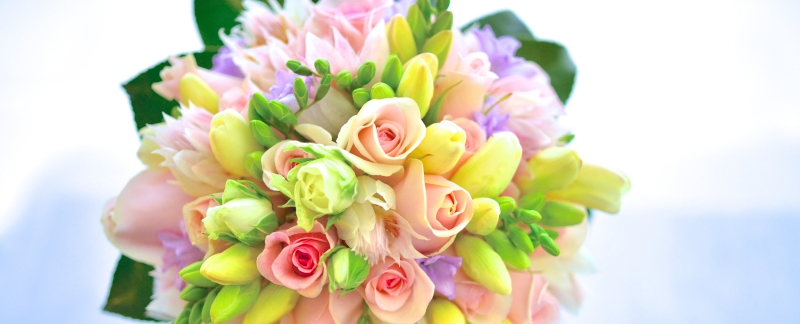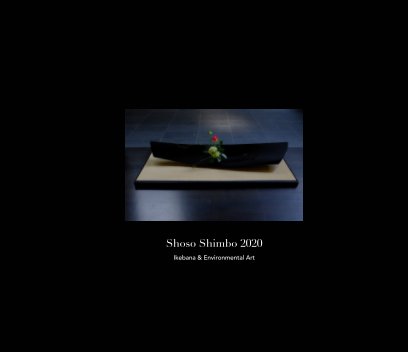I’ve been writing about my questions about a popular notion that Japanese culture is Zen culture. I also have a little question about Sado, the Japanese tea ceremony.
A renowned philosopher from the Kyoto school of philosophy, Shinichi Hisamatsu said, “ Wabi-cha (tea ceremony) was a religious revolution in Zen.” What he meant was probably that Zen was transformed to the tea ceremony when it was introduced from Buddhist temples to the common people. But I don’t agree with him.
Let’s think about the Japan Festival in Melbourne as a case study. This is a good sample of cultural transformation. A: Japanese festival + B: Australian ways of cultural events = C: Melbourne Japan Festival as a new culture. A new culture is almost always a combination of an original culture and other cultures.
Hisamatsu’s comment can be simplified as; A: Zen + B:? = C: tea ceremony. I don’t think Zen can be transformed to other forms without any other influential factors. Seemingly, a tea party, a new culture from China at that time was supposed to be B, another cultural factor. However, we need to be aware that tea parties were almost gambling activities for the Japanese at that time.
I wonder whether someone would try to transform a gambling occasion to a sophisticated interpersonal performance like a tea ceremony. Would anyone try to transform for instance mah-jongg to a spiritual ritual today?
This is only my hypothesis but a model of the tea ceremony may be one of the Shinto rituals related to eating and serving; A: Zen + B: Shinto rituals = C: tea ceremony. However, I cannot provide any evidence that Juko Murata (1423 - 1502), a founder of the tea ceremony was associated with Shinto. Although he was believed to be a Zen monk, very little is known about him.
My hypothesis may be weak in this case, but it is fascinating to review various aspects of Japanese culture from a Shinto perspective. I think Shinto deserves much more attention in Japanese studies.
This is a work I made for a clinic reception. It was a bit hard to add water to the containers, but they said, “don’t worry, we will ask one of our surgeons and he will water them using his syringe"
http://www.shoso.com.au
https://www.facebook.com/ikebanaaustralia
